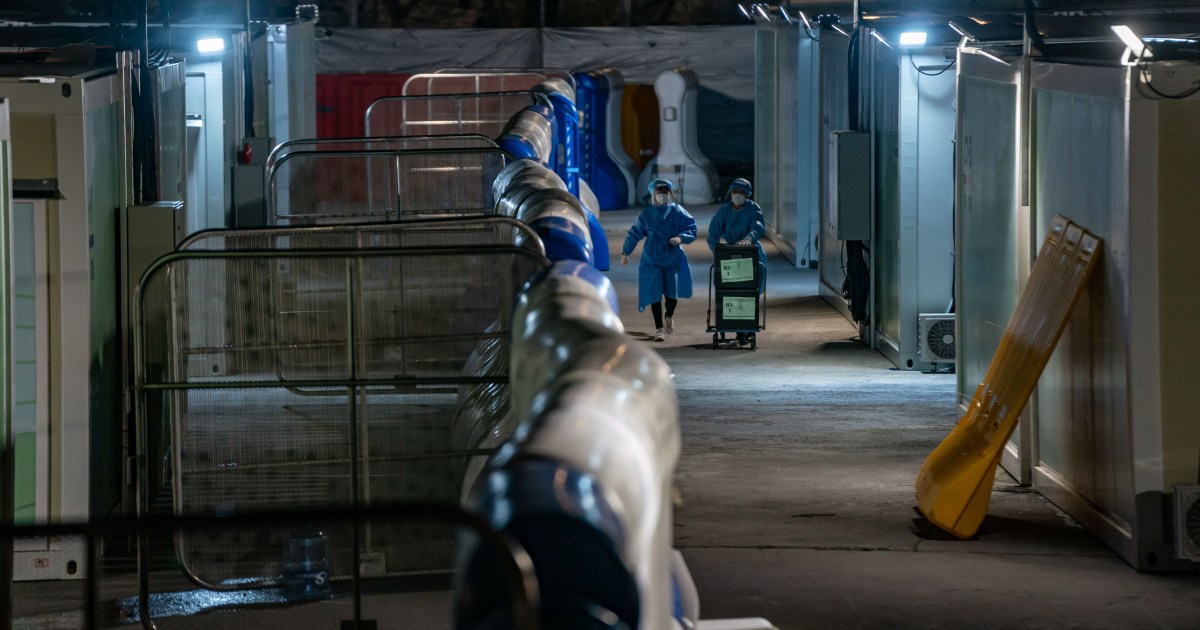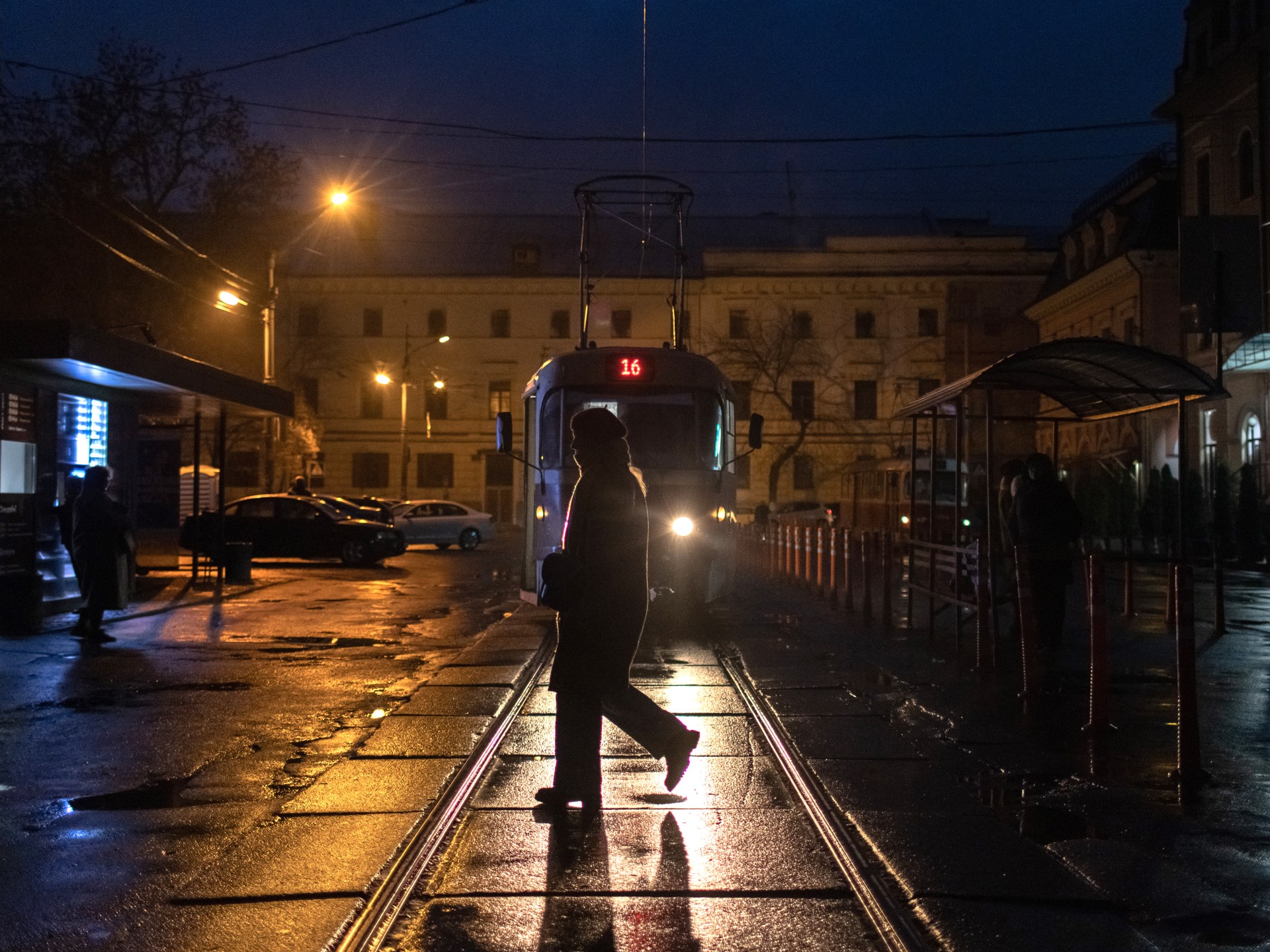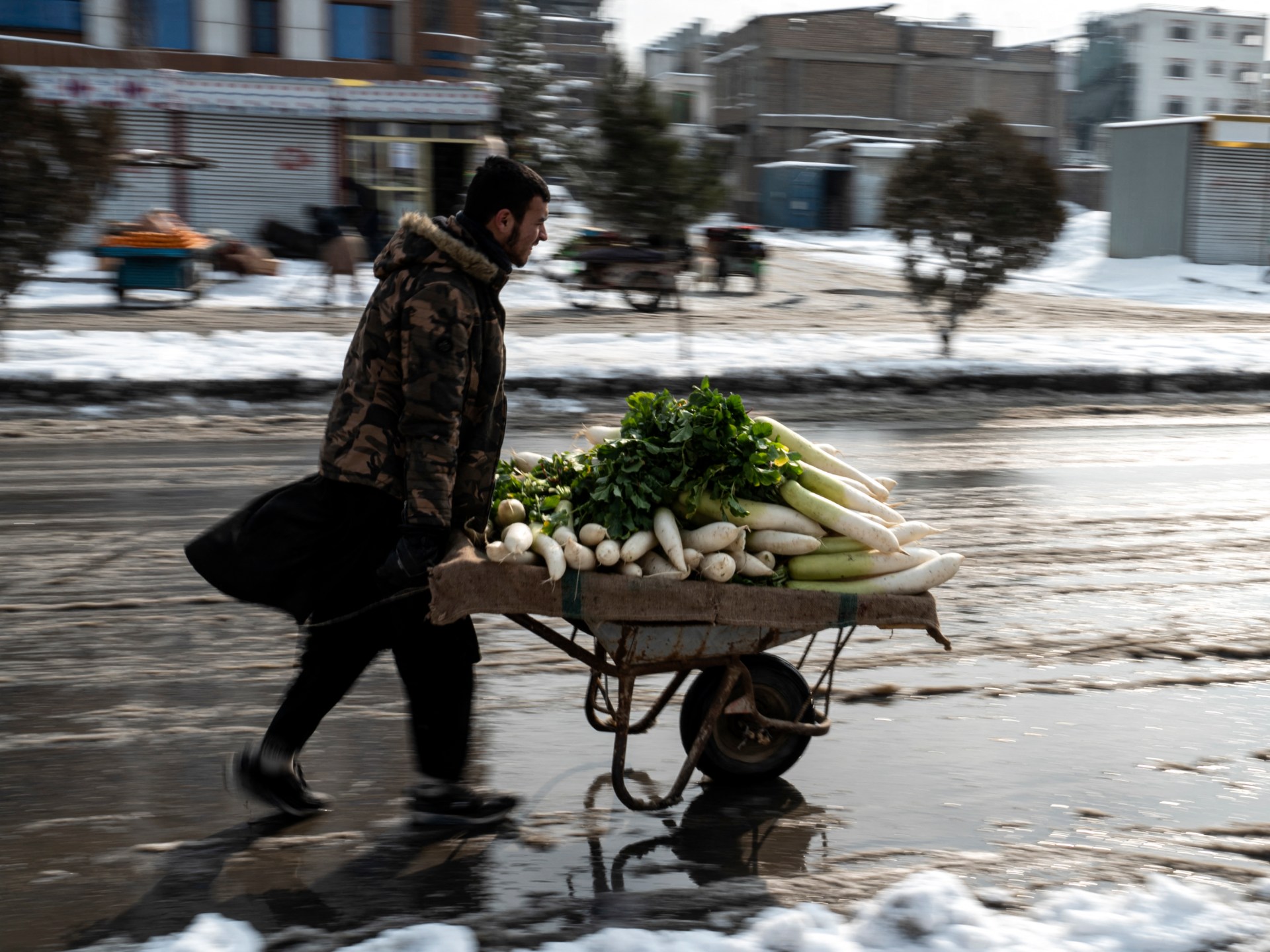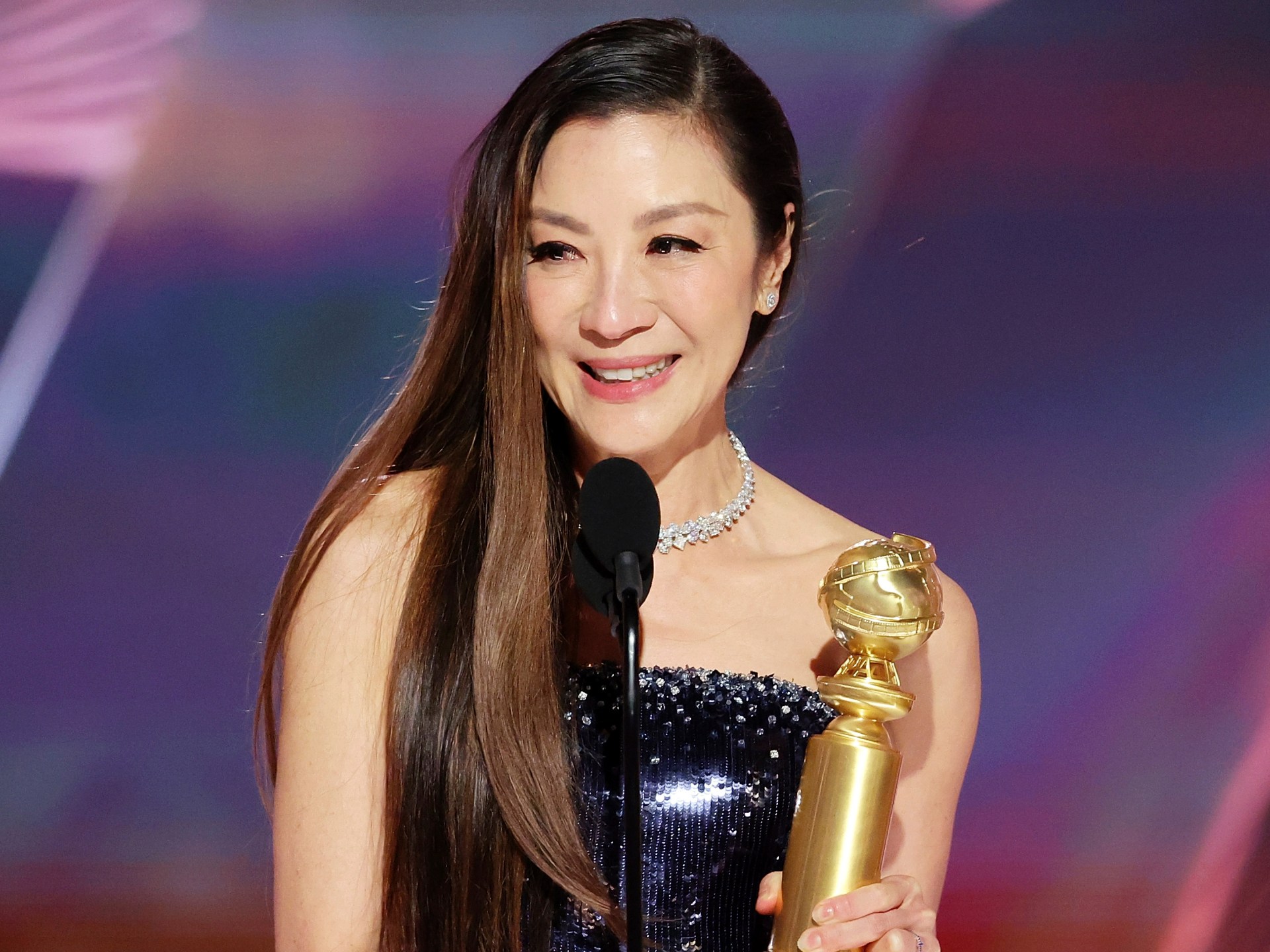Pandemic strikes new, authoritarian Hong Kong
After evading major COVID-19 spikes for nearly two years, Hong Kong – one of the world’s most densely populated cities – is experiencing a frightening wave, with one of the world’s worst COVID death rates. It is apparent that the city’s pandemic response went terribly wrong, and yet nobody is there anymore to ask the government tough questions.
At the beginning of the pandemic, the unelected Hong Kong government was slow to respond. It was Hong Kong people who swung into collective action – a muscle memory of widespread solidarity forged through the 2019 protests as well as the previous experience with SARS. They mounted a dynamic citizen-led pandemic response including widespread masking, even though the authorities discouraged it.
Some prominent activists said that the government should close its borders to China to stem the virus flow, while medical workers went on strike to make that point. Reflecting public anger, popular newspapers blasted the government’s sluggishness. District councillors, who were elected, distributed free masks and bottles of hand sanitiser to their constituents.
But two years into the pandemic, the city has lost its dynamism as Beijing imposed a draconian National Security Law on the city to tame its residents.
Hong Kongers used to have a thriving media that would investigate official misconduct, dedicated pro-democracy politicians who would grill government officials, and exceptionally professional civil servants whose bosses would be held responsible for mishaps. The people of Hong Kong were used to policies that generally accommodated what they wanted and needed.
In the new authoritarian Hong Kong, however, government policies have become increasingly unreasonable, inscrutable, and unpredictable. In late February, the government announced that it would close schools by mid-March for summer vacation – which usually starts in mid-July – only giving schools and students two weeks’ notice and leaving families scrambling for child care. There will also be no online learning, as schools will be used for testing and treatment. Then, after international schools – which tend to have students from wealthy families – complained to the government about “disruption to education,” the government exempted them.
Despite people’s privacy concerns, a location-tracking COVID mobile app – which the government initially said would only be used voluntarily – is now a requirement. Those without the app and at least one dose of COVID vaccine can be barred from a growing range of amenities and necessities such as supermarkets. Those who flout these rules are given hefty fines while a few have been arrested for using a fake COVID app.
Now, people in Hong Kong have many questions to which they can find no answers: “Why are they closing the beaches exactly when we’d need some fresh air?” “Why are they doing compulsory testing mostly on residents of public housing, but much less on those in luxury apartments?” Newspapers like Apple Daily or online outlets like Stand News that could have raised these questions no longer exist as they were forced to close.
Today, many in Hong Kong no longer pay attention to the politicians. Hong Kong’s chief executive is about to have an “election” – and yet nobody bothers because Beijing will pick both the “candidates” and the winner. The Hong Kong Legislative Council has become as yawn-worthy as the rubber-stamp Chinese National People’s Congress.
Pro-democracy politicians, some elected before Beijing eliminated genuine elections, are now arbitrarily and indefinitely detained, awaiting trial for vague national security crimes. Some are in solitary confinement – for their “own protection”, because they had requested it, the government says. It is hard to know if that really is the case – prisoner and legal support groups that could have clarified such claims, like Wallfare and 612 Humanitarian Fund, have disbanded under Beijing’s harassment. More important, protests have been outlawed, so nobody can demand their release.
Meanwhile, the government has focused its energies clamping down on those who dare to question its COVID response. Winnie Yu, a nurse and union leader before Hong Kong crushed its unions, too, was re-arrested for posting a comment online sympathising with front-line medical workers while criticising the hospital administration for its pandemic response. A Hong Kong journalist who had asked a question – about how mainland medics dispatched to Hong Kong even though they are unlicenced in the city can be held accountable for medical mishaps – is threatened by Beijing-owned media with national security crimes. Tommy Yuen, a singer-songwriter, was arrested for “sedition” after he called on people to boycott pandemic measures.
Between the climbing COVID mortality rate, the pandemic protections that result in some rights restrictions, the already sweltering heat, and the growing repression, Hong Kong people are set for an even more oppressive summer. “OMG! Everyone is about to explode!” My friend in Hong Kong texted me a few days ago. She might very well be right.
The views expressed in this article are the author’s own and do not necessarily reflect Al Jazeera’s editorial stance.




